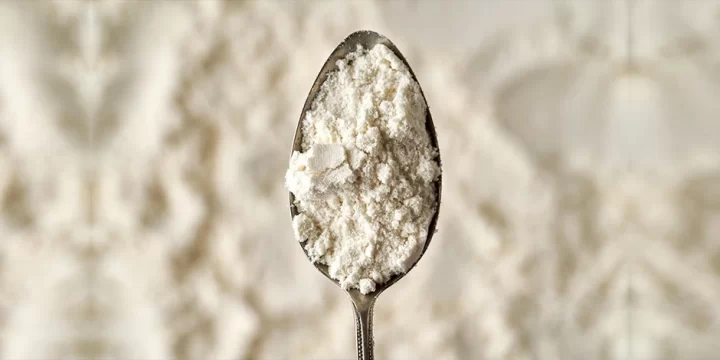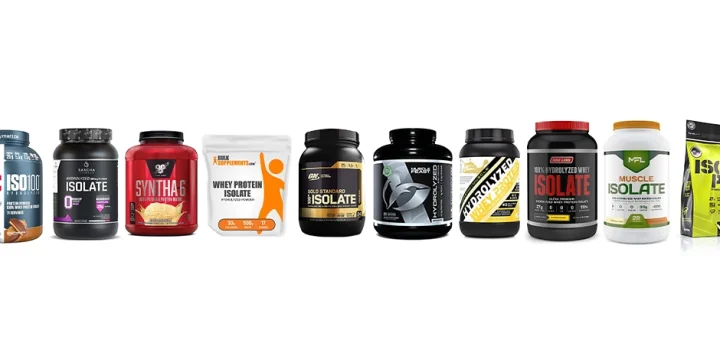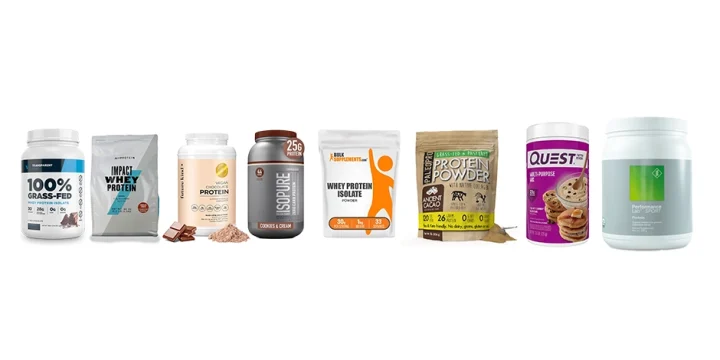Is it true that most protein powders contain a high amount of sodium, and if so, what aspects of your health are directly affected?
Collaborating with a dietitian, I delved into the reasons behind certain supplements having high sodium levels and discovered that this pattern doesn't apply to all protein powders.
Keep reading and learn how to choose the right protein powder that best complements your health and fitness objectives.
Quick Summary
- Protein powders contain significant amounts of sodium because manufacturers use a salt solution to extract protein from peas, with some sodium remaining in the final product.
- Not all protein powders have high sodium levels; for example, whey protein and other plant-based supplements generally contain less sodium compared to pea protein supplements.
- A study in 2016 revealed that 70 out of 81 protein supplements tested had higher sodium content than what was listed on their Nutrition Facts.
- In my opinion, while it's important to be aware of the sodium content in protein powders, most individuals need not be overly concerned unless consuming large amounts of pea protein powder specifically.
Why Do Protein Powders Have So Much Sodium?

First off, not all protein powders have a lot of sodium. In most cases, whey protein and other plant-based supplements aren’t nearly as high in sodium as pea protein supplements.
Consider this: 30 g of an average whey protein contains 65 mg of sodium, while the same serving size of an average pea protein contains 238 mg—or 266% more (!)—of this mineral [1].
So, the correct question is: why does pea protein have so much sodium?
To answer that, you have to understand how pea protein powder is made.
How Pea Protein Is Made (And Why It Matters)
Proteins have to be extracted from peas. To accomplish that, manufacturers soak the peas in a salt solution. Salt adjusts the peas’ pH level but also contains high levels of sodium.
The end product—a pea protein powder—will retain some of that excess sodium. So, that’s the reason why it may be more harmful than another type of protein supplement.
But I’m still not talking about dangerously high levels. In fact, two scoops of pea protein powder contain less sodium than ⅛ of a teaspoon of table salt.
Also, pea protein is otherwise good for you. It contains 18 essential amino acids that help with muscle gain and weight loss.
Still, whey or rice protein may be a better choice. They contain less sodium but still have the amino acids your body needs.
How to Check Sodium Levels In Protein Powders
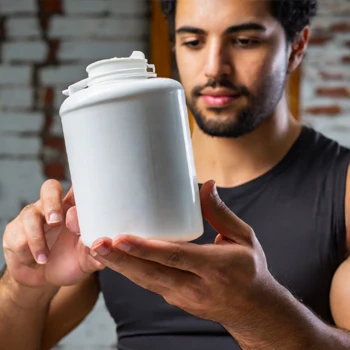
I've always found that the most reliable way to assess the sodium levels in my protein supplements is to examine the Nutrition Facts carefully. This habit started after I once experienced unexpected bloating, leading me to scrutinize labels more closely.
But you should still be careful. Sometimes the actual content of a protein supplement may differ from what the label claims.
A 2016 study published in Labdoor analyzed 81 protein supplements and found that 70 of those supplements contained higher sodium content than their Nutrition Facts claimed [2].
I recommend sticking to those supplements you already trust or those that have been rigorously tested.
If you’re still concerned about your supplement’s sodium levels, try consuming more food rich in potassium. This mineral can cancel the effects sodium may have on your body [3].
Other Risks Associated With Protein Supplements
High sodium intake isn’t the only concern people have related to protein supplementation.
Some supplements are made from ultra-processed instead of natural ingredients.
This means many protein powders contain:
- Artificial sweeteners
- Whey protein isolate
- Colorings
- Lactose sugars
- Excess sodium
According to a study published in Harvard Health Publishing, the above ingredients can lead to high blood pressure, weight gain, and gastrointestinal distress [4].
So, does this mean you should say goodbye to the idea of using a supplement?
Not necessarily. Instead of quitting supplements, you can opt for those that don’t contain a lot of chemicals and additives.
Also, choose powders that contain whey protein concentrate instead of isolate. Concentrates are less processed but have the same benefits.
Lastly, monitor your health while taking a supplement. If you notice any adverse effects, try switching to another product.
Alternative: Make Your Own Protein Shakes
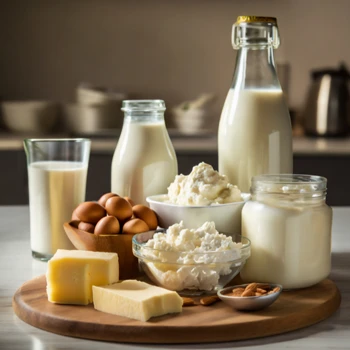
If you’ve already decided to quit supplements, try making a DIY protein shake. You can make one in three easy steps.
- First, choose a base. You can choose between dairy or plant protein sources. If you’re lactose intolerant or vegan, I recommend using rice as your base. Otherwise, feel free to use milk powder.
- Next, spice up your shake with ingredients that add more protein, nutrition, and taste. Oats, pumpkin seeds, and almonds are all excellent choices.
- All that’s left to do is blend the ingredients in your blender, and you’re good to go.
For more ideas on the ingredients you can use, see our post on making DIY protein shakes.
If you’re still concerned about your supplement’s sodium levels, try consuming more food rich in potassium. This mineral can cancel the effects sodium may have on your body.
Related: Best Low Sodium Protein Shakes
FAQs
How Much Sodium Is Too Much?
Anything above 2 300 mg of sodium per day is considered too much [4].
Should You Worry About Sodium In Protein Powders?
Generally, there’s no reason to worry. You should only be concerned if you consume a lot of pea protein powder.
And I do mean a lot since two scoops of this powder contain much less sodium than a single tablespoon of salt.
However, there may be other reasons for concern. Some supplements contain artificial ingredients and may not be entirely GMO-free.
If you suspect a supplement is hurting your health, opt for a high-protein diet and make DIY shakes instead. You’ll still build muscle and achieve your other fitness goals, no doubt about it.
You can also choose to get a whey or rice protein powder since they are generally low in sodium.
References:
- https://www.healthline.com/nutrition/pea-protein-vs-whey
- https://medium.com/labdoor/over-90-of-protein-supplements-contain-excess-sodium-2b76241919fa
- https://www.weekand.com/healthy-living/article/potassium-counterbalance-sodium-18020327.php
- https://www.health.harvard.edu/staying-healthy/the-hidden-dangers-of-protein-powders
About The Author
You May Also Like
